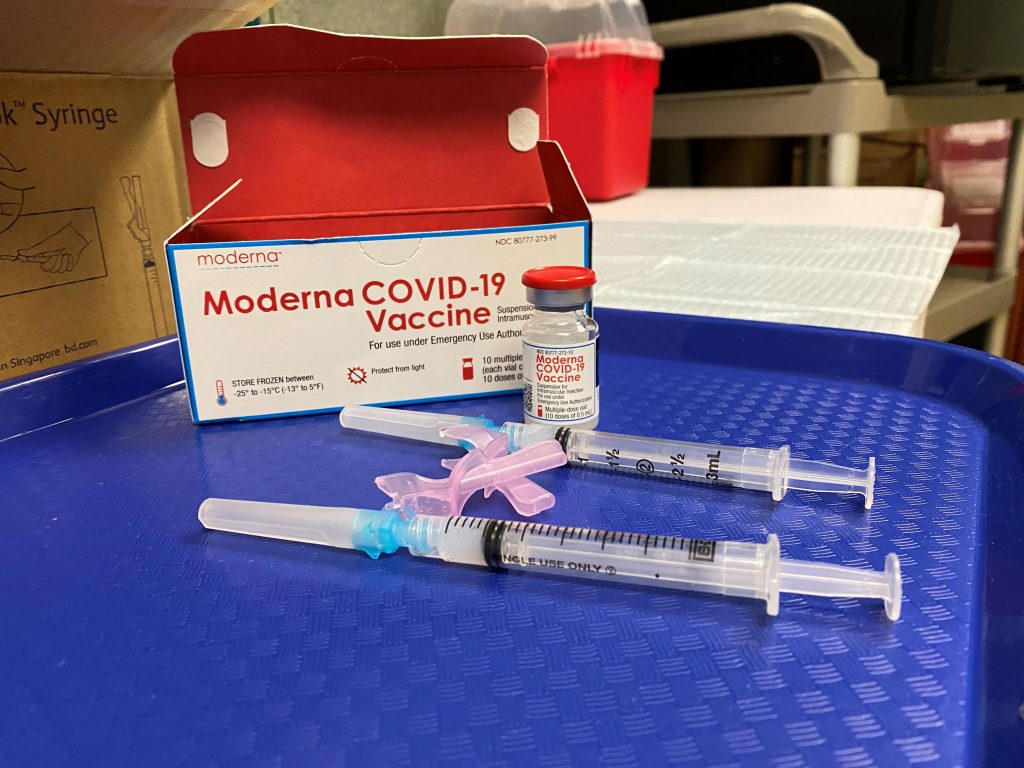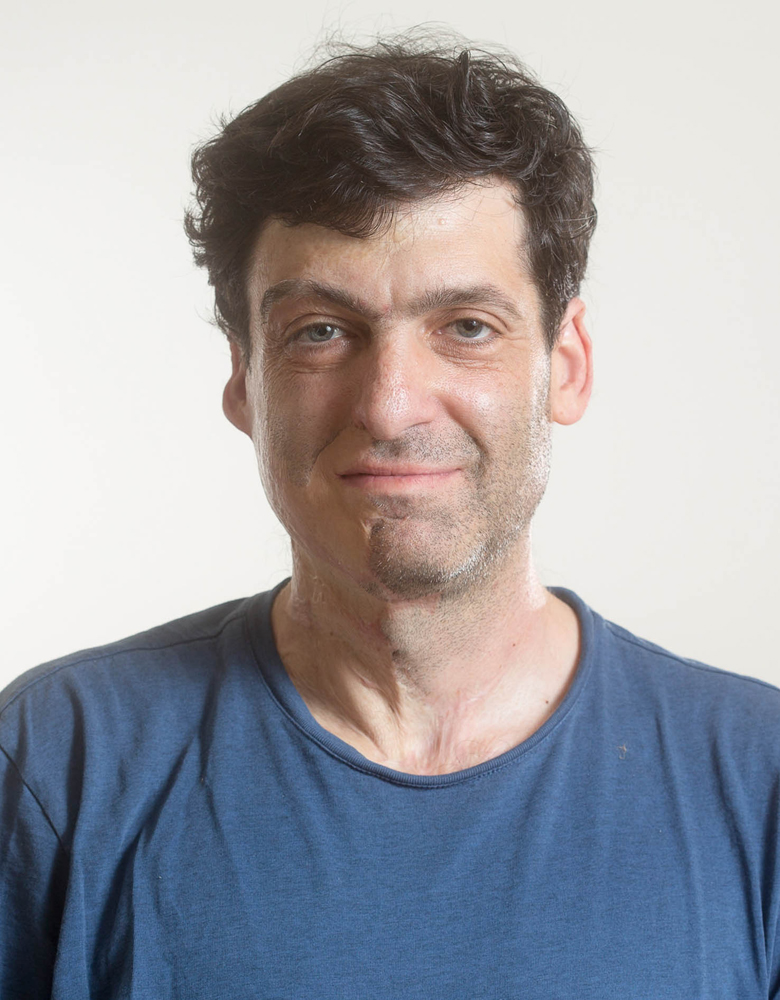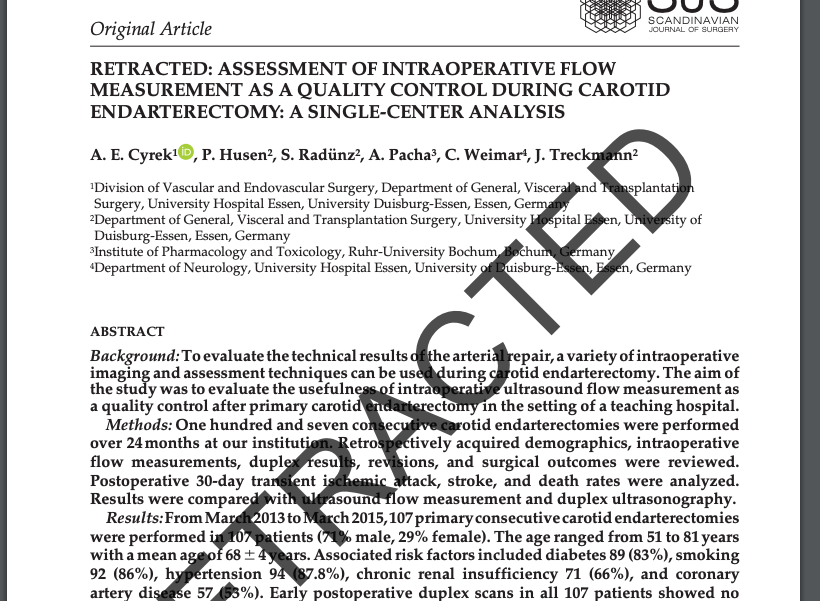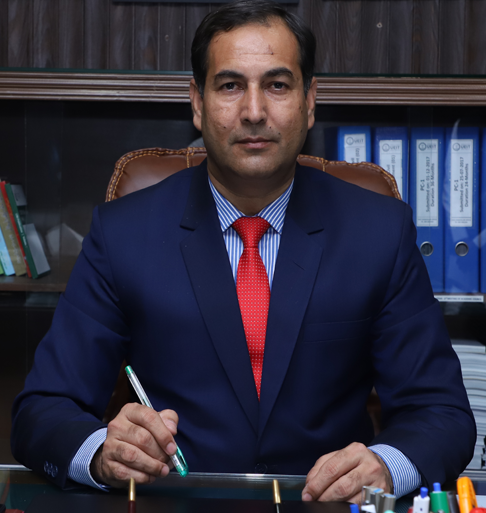More than three and a half years after being alerted to concerns about the data in a 2015 article, an obstetrics journal has finally retracted the paper, citing a lack of ethics approval for the work. Meanwhile, the co-author of a meta-analysis that relies heavily on the paper has suggested that some critics of the underlying work risk legal action for their efforts.
The study, “Vaginal progesterone for prevention of preterm labor in asymptomatic twin pregnancies with sonographic short cervix: a randomized clinical trial of efficacy and safety,” appeared in Archives of Gynecology and Obstetrics (AGO) and was conducted by Waleed El-refaie, Mohamed S. Abdelhafez and Ahmed Badawy, of the University of Mansoura in Egypt. The article has been cited 29 times, according to Clarivate Analytics’ Web of Science.
As we reported last October, data sleuths have accused Badawy and some of his colleagues at Mansoura of having fabricated data and other misconduct in some 250 clinical trials — charges which were (and may still be) apparently convincing enough to warrant a university inquiry.
Continue reading Critics face legal threats as journal takes more than three years to act








